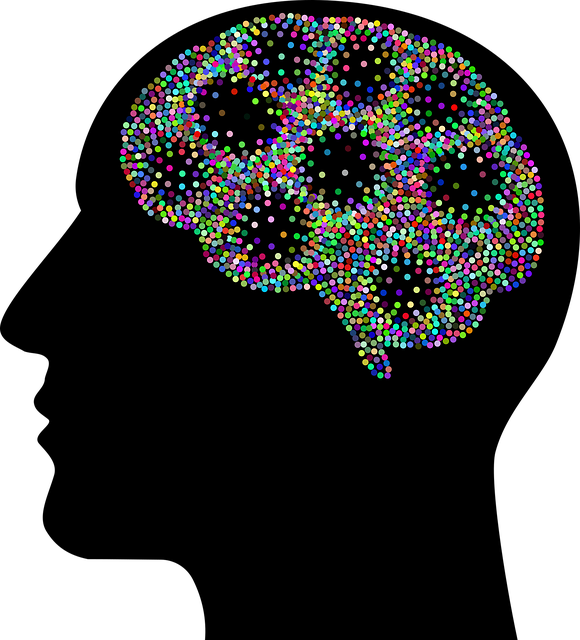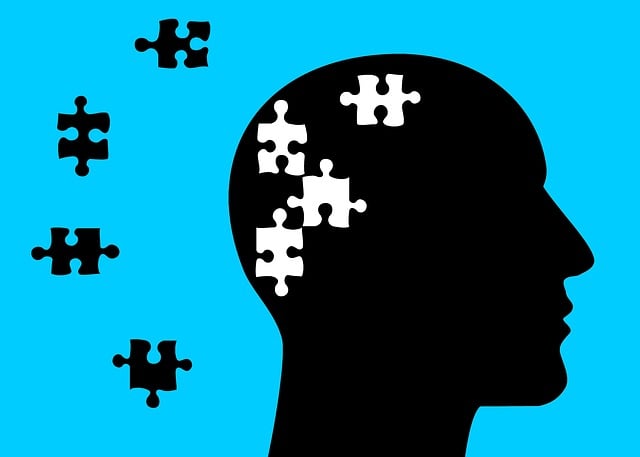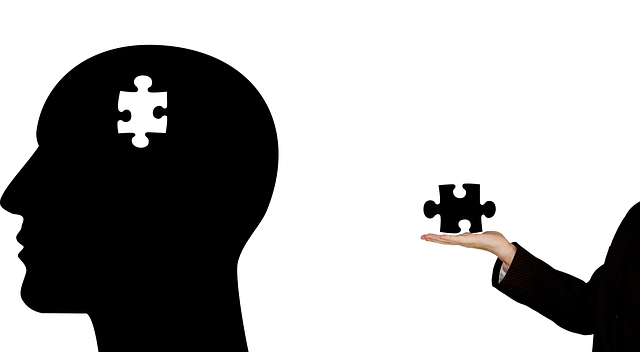Depression among Russian-speaking communities faces cultural barriers, such as language issues and stigma, but Golden Russian Speaking Therapy offers a tailored solution. Combining cognitive-behavioral therapy (CBT) with cultural sensitivity, this specialized approach provides anxiety relief and self-esteem improvement in the Russian language. It addresses unique challenges, promotes open dialogue, and advocates for culturally sensitive mental health practices, filling gaps in policy and improving access to quality care. By emphasizing healthy lifestyle habits, self-care techniques, and robust support networks, Golden Russian Speaking Therapy prevents and manages depression, fostering long-term mental well-being.
Depression is a prevalent concern, particularly within Russian-speaking communities. This article explores comprehensive strategies to prevent and manage this mental health challenge. We delve into the unique cultural context, offering insights on understanding depression’s impact on these communities. Furthermore, we introduce ‘Golden Russian Speaking Therapy’ as a pioneering approach, highlighting its effectiveness in prevention. Additionally, it examines lifestyle adjustments, self-care practices, and the significance of building support systems, emphasizing the importance of seeking professional help when needed.
- Understanding Depression and Its Impact on Russian-Speaking Communities
- Golden Russian Speaking Therapy: An Effective Approach to Prevention
- Lifestyle Adjustments and Self-Care Practices for Mental Well-being
- Building Support Systems and Seeking Professional Help
Understanding Depression and Its Impact on Russian-Speaking Communities

Depression is a significant mental health challenge that affects individuals across diverse communities, including Russian-speaking populations. In recent years, there’s been an increasing recognition of the unique cultural nuances and barriers to treatment within these communities, especially in the context of Golden Russian Speaking Therapy. The impact of depression can be profound, affecting one’s ability to function daily, maintain relationships, and pursue meaningful activities.
Russian-speaking individuals may face specific challenges when it comes to seeking mental health support due to language barriers, cultural stigma, or limited access to specialized services. This highlights the need for culturally sensitive approaches like Golden Russian Speaking Therapy, which offers anxiety relief and self-esteem improvement strategies tailored to their unique needs. Furthermore, crisis intervention guidance can play a vital role in providing immediate support during moments of severe distress.
Golden Russian Speaking Therapy: An Effective Approach to Prevention

Golden Russian Speaking Therapy offers a unique and effective approach to depression prevention, particularly for individuals who speak Russian as their first language. This therapeutic method leverages the power of cultural connection and language accessibility to address mental health concerns. By combining elements of cognitive-behavioral therapy (CBT) with cultural nuances, this therapy provides a safe and supportive environment where clients can openly discuss their feelings and challenges.
The effectiveness of Golden Russian Speaking Therapy lies in its ability to target specific cultural barriers often faced by Russian-speaking communities. It caters to the unique needs of these individuals by offering sessions conducted entirely in Russian, ensuring comfort and confidence. This approach not only aids in Anxiety Relief but also promotes mental wellness by fostering a sense of belonging and understanding. Moreover, it fills a gap in the Mental Health Policy Analysis and Advocacy space, advocating for culturally sensitive practices that can improve access to quality mental health care for this demographic.
Lifestyle Adjustments and Self-Care Practices for Mental Well-being

Maintaining a healthy lifestyle is an essential component of depression prevention and emotional well-being promotion techniques. Simple yet effective adjustments can make a significant difference in managing mental health. Regular exercise, for instance, releases endorphins that act as natural mood lifters and promote better sleep quality, contributing to emotional regulation. A balanced diet rich in vitamins and minerals further supports brain health and overall energy levels. Additionally, prioritizing quality sleep is crucial; establishing a consistent sleep routine can help reduce stress and improve one’s outlook on life.
Self-care practices play a pivotal role in Golden Russian Speaking Therapy, focusing on nurturing the mind, body, and spirit. Engaging in activities that bring joy and relaxation, such as meditation or spending time in nature, can be powerful tools for emotional regulation. Connecting with others through social interactions or joining support groups also provides an opportunity to share experiences, gain insights, and foster a sense of belonging, all of which contribute to a more resilient emotional state.
Building Support Systems and Seeking Professional Help

Building a strong support system is an essential aspect of depression prevention. This includes surrounding yourself with understanding and caring individuals who can offer emotional backing. Whether it’s reaching out to friends, family, or joining support groups, having a network of people you can rely on can significantly contribute to your mental well-being. Open communication strategies facilitate the sharing of feelings and experiences, fostering a sense of belonging and reducing the burden of solitude. Moreover, these connections can provide practical assistance during difficult times, promoting faster recovery.
When dealing with depression, seeking professional help is a courageous step towards healing. Golden Russian Speaking Therapy, for instance, offers specialized support tailored to individual needs. Therapists equipped with advanced communication strategies can guide individuals through the process of understanding and managing their emotions. By combining effective therapy with strong social support, resilience building becomes more accessible, empowering people to take control of their mental health and embrace a brighter outlook on life.
Depression is a serious issue, especially within Russian-speaking communities. By understanding its impact and adopting evidence-based strategies, we can effectively prevent and manage this condition. The article has explored various methods, including the unique benefits of Golden Russian Speaking Therapy, lifestyle adjustments, self-care practices, and building strong support systems. Combining these approaches allows for a holistic prevention strategy, empowering individuals to take control of their mental well-being. Remember, seeking professional help is always an essential step when dealing with depression, and with the right support, recovery and resilience are achievable.













